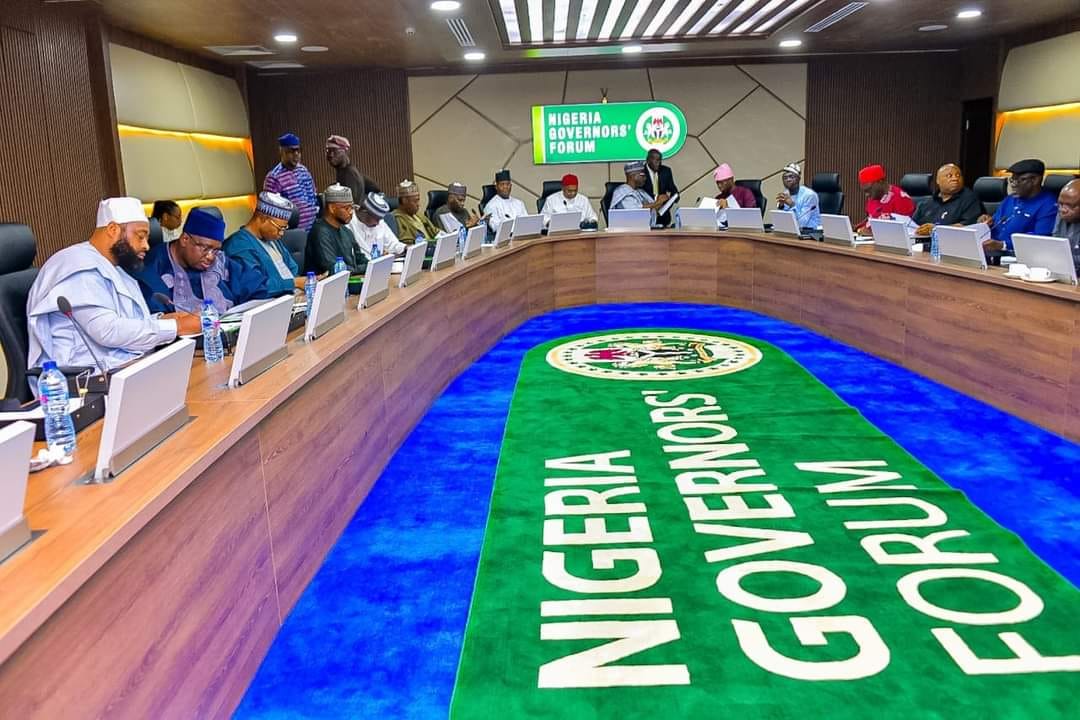Chuks Okocha in Abuja
State commissioners for power and energy in Nigeria, under the aegis of the Forum of Commissioners for Power and Energy (FOCPEN), have insisted on their quest for a decentralised electricity market and reliable power supply in the country.
The forum said no state has retreated from reform, adding that since the passage of the Electricity Act 23, states have passed laws to establish their electricity markets, with more joining.
According to the forum, the Nigerian Electricity Regulatory Commission (NERC) has transferred regulatory oversight to 14 states.
In a statement jointly signed by Chairman of FOCPEN and Cross River State Commissioner for Power and Renewable Energy, Prince Eka Williams, and its Acting Secretary, and Commissioner for Rural and Energy Development in Kogi State, Mr. Mohammed Ihiezue Abdulmutalib, FOCPEN described the suggestion that the subnational governments have reversed course on power sector reforms following the enactment of the Electricity Act as false.
While noting that they are advancing and not retreating, the forum said more states are actively engaging with the opportunities provided under the Electricity Act and are at different stages of legislation, regulatory formation, and market design.
Recounting the progress made across states, FOCPEN said, “Since the passage of the Electricity Act, 23 states have already passed enabling laws to establish their electricity markets, with more states joining.
“14 States now have formal NERC transfers of regulatory oversight. More States are joining the reform journey each month—recent examples include formal transfer processes for Bayelsa and Nasarawa.
“Also, in its just-concluded Energy Summit, Akwa Ibom State unveiled its state market blueprint, signalling strong intent to develop its state electricity market.
“Other States are similarly planning or hosting stakeholder engagements, workshops, and policy dialogues that will accelerate the localisation of electricity governance.
“Regulatory Commissions have been constituted in pioneering states, with others at advanced stages of setting up theirs, showing that the state markets are operational, not theoretical. “States across all regions are actively exploring frameworks for independent regulation, tariff orders, and market design,” the forum added.
It further noted that the Electricity Act is a landmark piece of legislation that has opened the door for subnational participation.
The forum added that states are approaching the transition with seriousness and caution, ensuring that their frameworks are credible, bankable, and sustainable.
It said far from backpedaling, more states have come to recognise the benefits of energy independence, regulatory autonomy, and consumer-focused power market reforms.
FOCPEN said it is building capacity to ensure smooth implementation, financial sustainability, and consumer protection through collaboration with the federal government and development partners.
“The goal is to strengthen power supply, enhance accountability, and expand access through transparent and competitive state-level markets.
“The transformation of Nigeria’s electricity sector is a journey, not an event. FOCPEN and its member States remain fully committed to delivering on the promise of the Electricity Act, ensuring that the gains of decentralisation translate into reliable power supply, improved governance, and greater access for all Nigerians.
“We call on stakeholders and the media to report developments responsibly, reflecting the true progress and growing enthusiasm across Nigeria’s subnational governments,” FOCPEN added.




